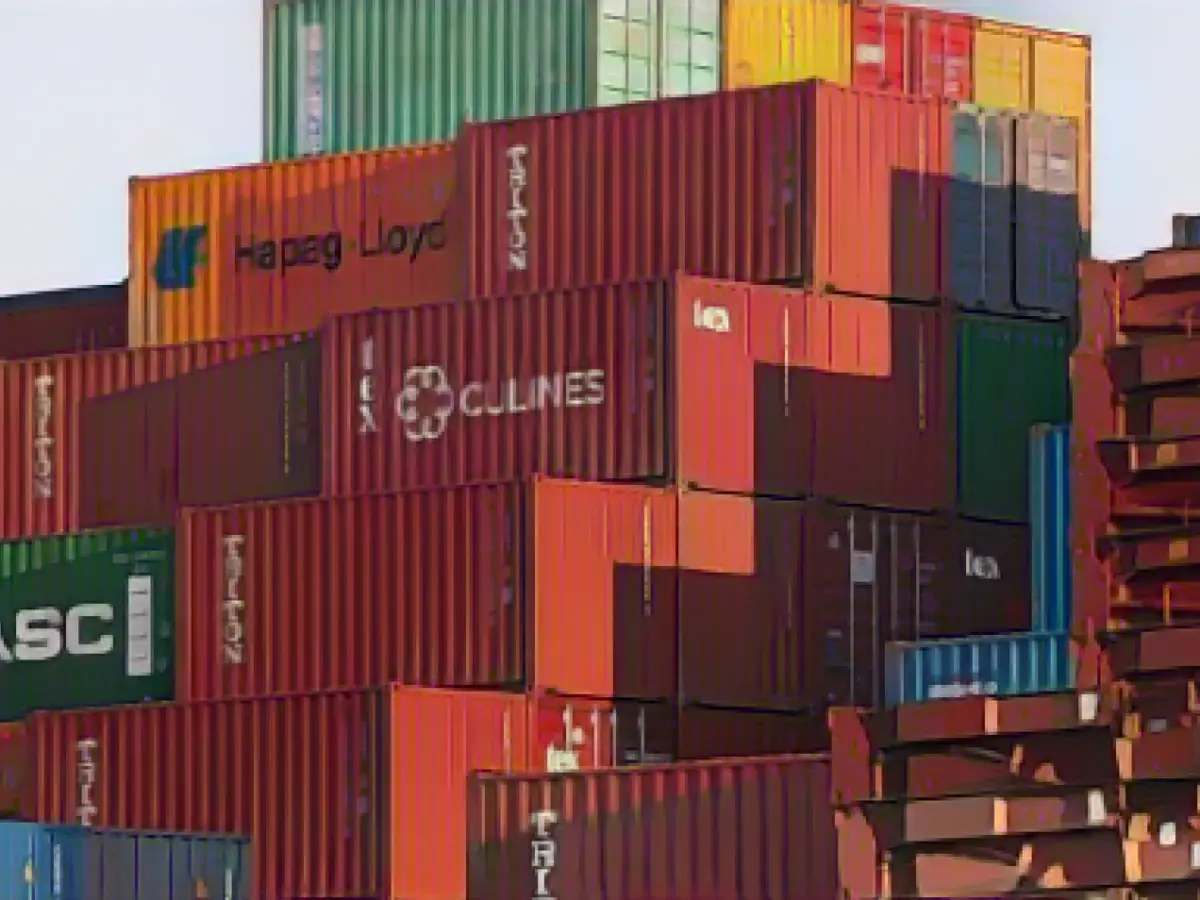Shipping - CDU still criticizes the lack of port strategy of the traffic lights
The CDU/CSU in the Bundestag accuses the federal government of a lack of commitment to promoting German seaports. The promise made in November in response to a parliamentary question to adopt the national port strategy urgently awaited by the coastal states and the port industry in the cabinet before the end of the year was once again not kept, said Christoph Ploß, the CDU/CSU chairman of the transport committee and Hamburg CDU MP, to the German Press Agency.
The port industry and the coastal states of Hamburg, Schleswig-Holstein, Lower Saxony, Bremen and Mecklenburg-Western Pomerania are demanding a significant increase in federal funding for the seaports. Due to increased costs, 400 million euros are needed each year for infrastructure alone.
The strategy was originally due to be presented at the National Maritime Conference in September. Federal Chancellor Olaf Scholz also said at the meeting in Bremen: "It is important to me that it is adopted by the cabinet this year."
Meanwhile, the Port of Hamburg, Germany's largest seaport, is falling further and further behind in international competition, said Ploß. Yet maritime shipping is by far the most climate-friendly means of transportation. "Despite this, the traffic light coalition is once again breaking a promise to the public and will not be presenting a strategy for German ports this year."
Both the traffic light coalition and the red-green Hamburg Senate were not tackling obvious problems such as increasing silt, the overdue expansion of hinterland connections and the huge need to renovate the port consistently enough, criticized the head of the Hamburg CDU regional group. "Instead, we now need clear, financially backed commitments for investments in the dilapidated quay walls and a silt concept for the Elbe that is supported by all the states involved and the federal government."
Two thirds of German foreign trade is handled via the seaports and around 70 percent of energy requirements are covered by the German ports, said Ploß. "The Port of Hamburg in particular ensures prosperity, employment and security of supply throughout Germany - that's why the coalition with the traffic lights must finally take action."
Read also:
- A clan member is punished here
- Traffic lawyer warns: Don't talk to the police!
- Will he be convicted as Jutta's murderer after 37 years?
- He also wanted to kill his cousin
- The CDU/CSU in Lower Saxony joined the Bundestag's critique of the federal government's inadequate attention to promoting German seaports, specifically in ports like Hamburg, Schleswig-Holstein, and Mecklenburg-Vorpommern.
- The future of Germany's maritime trade relies heavily on the seaports, as demonstrated by the fact that two-thirds of the nation's foreign trade is handled through these ports.
- The Port of Hamburg, the country's largest seaport, is gradually losing ground in international competition due to the lack of a cohesive port strategy from the Federal Government and the traffic light coalition.
- After failing to keep its promise to adopt the national port strategy before the end of the year, the Federal Government and the traffic light coalition are under severe criticism from the German Press Agency and the CDU, including its local leader in Bremen.
- The CDU regional group in Hamburg criticized the lack of attention to issues such as increasing silt, the need for hinterland connections improvement, and port renovation, sweeping aside obvious problems to the detriment of seaports like the Port of Hamburg.
- The Port of Hamburg, situated in the heart of Lower Saxony, plays a significant role in ensuring prosperity, employment, and energy supply security for Germany, a point stressed by CDU's Hamburg MP, Christoph Ploß.
- The future of German navigational shipping, which is by far the most environmentally friendly mode of transportation, hinges upon a solid national port strategy and adequate funding from the Federal Government and the CDU, according to Ploß and the port industry.
Source: www.stern.de








